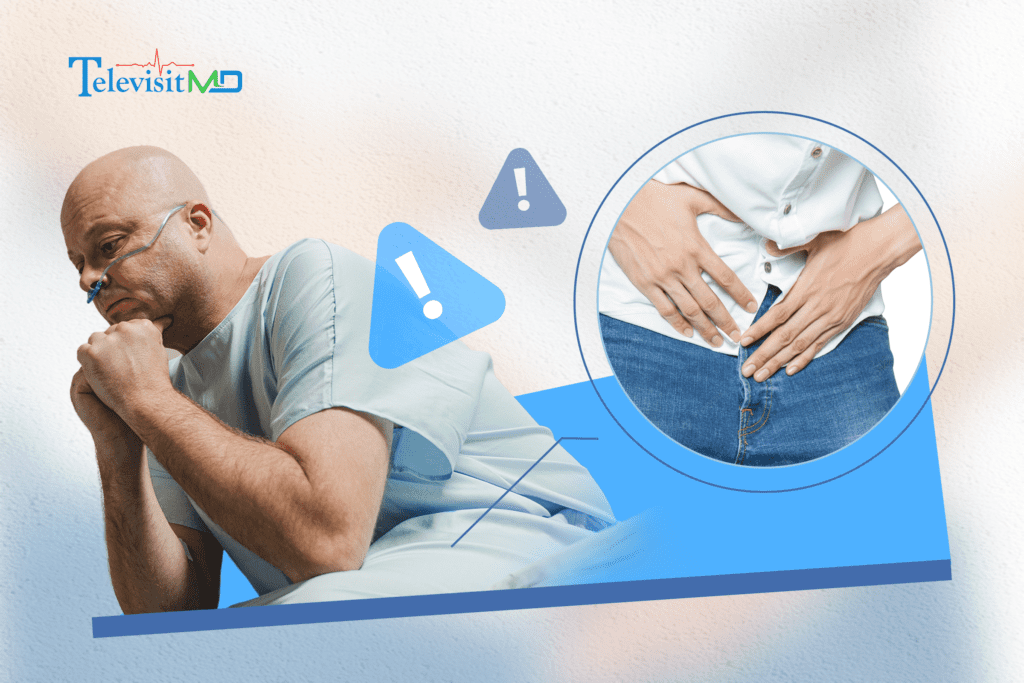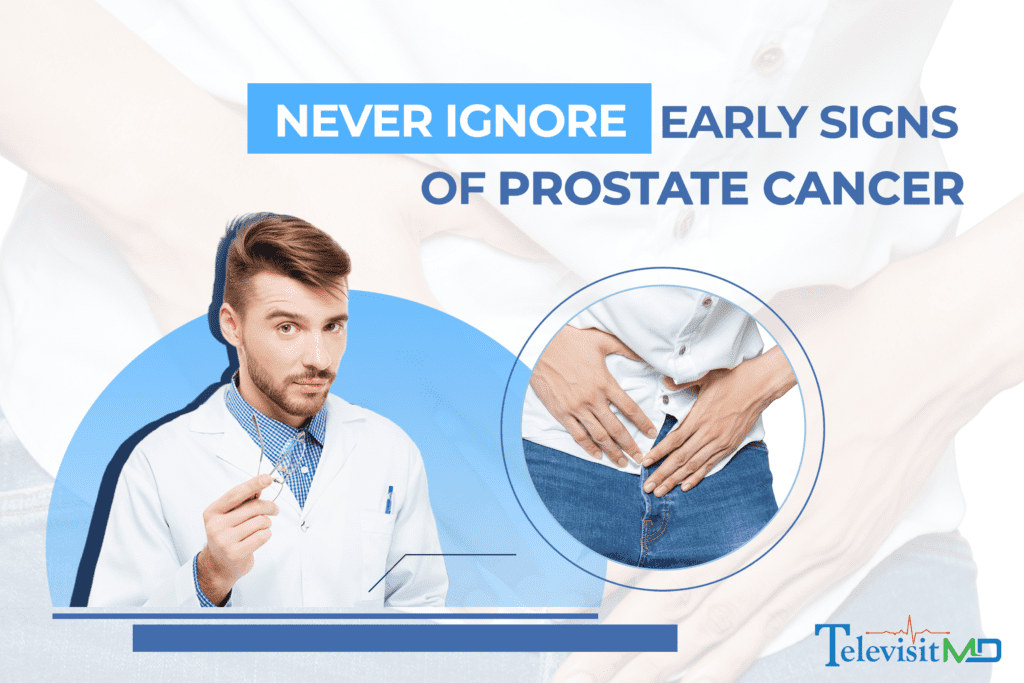To Pee or Not To Pee
The urgency to pee is one of the most natural activities for men. And of course, women. But this is not about women.
The need to excrete the liquid by-product of one’s metabolism.
The desire to release the filtered wastes and extra water from one’s blood.
The yearning to expel unwanted liquified elements that are often toxic from one’s system.
This is an inescapable reality in the morning. And in the afternoon. And in the evening. And while one is sleeping. That’s why, it is inevitable to get wet, very wet, soaking wet, even on a warm night amidst the sweet dreaming and drooling on one’s comfortable king size bed.
To pee is a way of life. It is intrinsically part of one’s amazing journey in this physical world. And it feels good, so good, during and after the release! The feeling is indescribable! Can’t stop the feeling! It is a picture that can paint a thousand words!
So be not afraid! Hold your ginormous horses! There is nothing to peer at!
You are good. Maybe for now.
You are doing good. Maybe as of the moment.
You will be good. Maybe. But not for so long.

What is the Earliest Symptom of Prostate Cancer?
If peeing for one becomes uncontrollable, unbreakable, unstoppable, and unshakeable, it becomes a different story that may turn into a cringe nightmare. And this time, be afraid, be very afraid. This may just be the beginning of a more challenging and excruciating chapter of one’s seemingly perfect life, health, and disposition. But this is not THE END.
Not yet GAME OVER.
This is not the SEASON FINALE.
Getting up in the middle of the night to pee may be a sign.
Having a tough time to let it all out may be another sign.
A burning sensation when you go and throw may be a third sign.
One will definitely see a sign. And it will continue to open up one’s eyes to see more signs.
And one will be left with nothing more to utter, just pure stutter, just a deep sigh.
The dreaded Big C may have finally arrived. The kiss of death may be lurking around the corner. And for a lot of men, whatever their size or sexual preference may be, American men in particular, prostate cancer is bound to happen. So men should never ignore and take for granted the signs since these may all be symptoms of prostate cancer. Ignorance is bliss.
Different men have different symptoms for prostate cancer. Some men do not have symptoms at all. According to the Centers for Disease Control and Prevention (CDC), these are the 8 early warning signs of prostate cancer?
1. Difficulty starting urination.
2. Weak or interrupted flow of urine.
3. Urinating often, especially at night.
4. Trouble emptying the bladder completely.
5. Pain or burning during urination.
6. Blood in the urine or semen.
7. Pain in the back, hips, or pelvis that doesn’t go away.
8. Painful ejaculation.
If you’re currently managing or just starting to experience any of these conditions, talk to your doctor or find a provider on TelevisitMD who can help you manage your concerns.
Yes, it can be painful. But wait a minute, what is prostate and what exactly does it do?
According to health reporter Matt McMillen,
“A man’s prostate plays an important part in your ability to father children. Located in front of your rectum and below your bladder, this one ounce, walnut-shaped gland helps produce semen, that milky fluid that carries sperm through and then out of your penis when you ejaculate. Its partners in this job are glands called seminal vesicles, which are attached to your prostate. Nearby nerves, blood vessels, and muscles help get your penis erect in the first place.
Things can go wrong with your prostate, though. Cells can start to grow and multiply in ways that they shouldn’t. Eventually, this growth forms a tumor. What triggers this process remains unclear, but there’s good news: While prostate cancer is the most common cancer in men, it tends to grow very slowly—so slowly, in fact, it may never require treatment.”

You may worry. You are allowed to worry. But there is no need to push the panic button. You might pee on your pants out of peer. Breathe in, breathe out. It is best to go see a doctor right away. As CDC reports,
“All men are at risk for prostate cancer. Out of every 100 American men, about 13 will get prostate cancer during their lifetime, and about 2 to 3 men will die from prostate cancer. The most common risk factor is age. The older a man is, the greater the chance of getting prostate cancer.”
You are good. It is not the end of the world for you. Not yet. Before it may become the end of the world for you, take some time to know more about prostate cancer, understand its signs and symptoms, consult a doctor or specialist, and if needed, get the right treatment. Treating prostate cancer in its early stages will significantly increase your odds of surviving it. You should never be complacent.
There are men who are at an increased risk for prostate cancer. According to CDC,
“African-American men are more likely to get prostate cancer than other men. They are more than twice as likely to die from prostate cancer than other men. They get prostate cancer at a younger age, tend to have more advanced disease when it is found, and tend to have a more severe type of prostate cancer than other men.”
Genetic factors may put some men at higher risk of prostate cancer. CDC adds,
“You may have an increased risk of getting a type of prostate cancer caused by genetic changes that are inherited if you have more than one first-degree relative (father, son, or brother) who had prostate cancer, including relatives in three generations on your mother’s or father’s side of the family; if you were diagnosed with prostate cancer when you were 55 years old or younger; and if you were diagnosed with prostate cancer, and other members of your family have been diagnosed with breast, ovarian, or pancreatic cancer.”
Men often are afraid to face the truth.
Men would rather not know the truth.
Men choose to ignore the truth.
But this is one truth that men should embrace. This may just be a glitch. And it can be fixed.
You can live a long life with prostate cancer
According to the American Cancer Society (ACS), “98% of men diagnosed with prostate cancer will live at least five more years. In fact, when prostate cancer is diagnosed early, before it has spread to other parts of the body, the survival rate of prostate cancer is close to 100%.”
Time to consult a doctor! Time to call TelevisitMD!